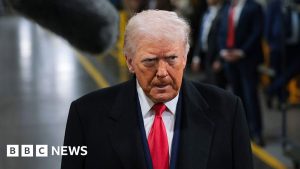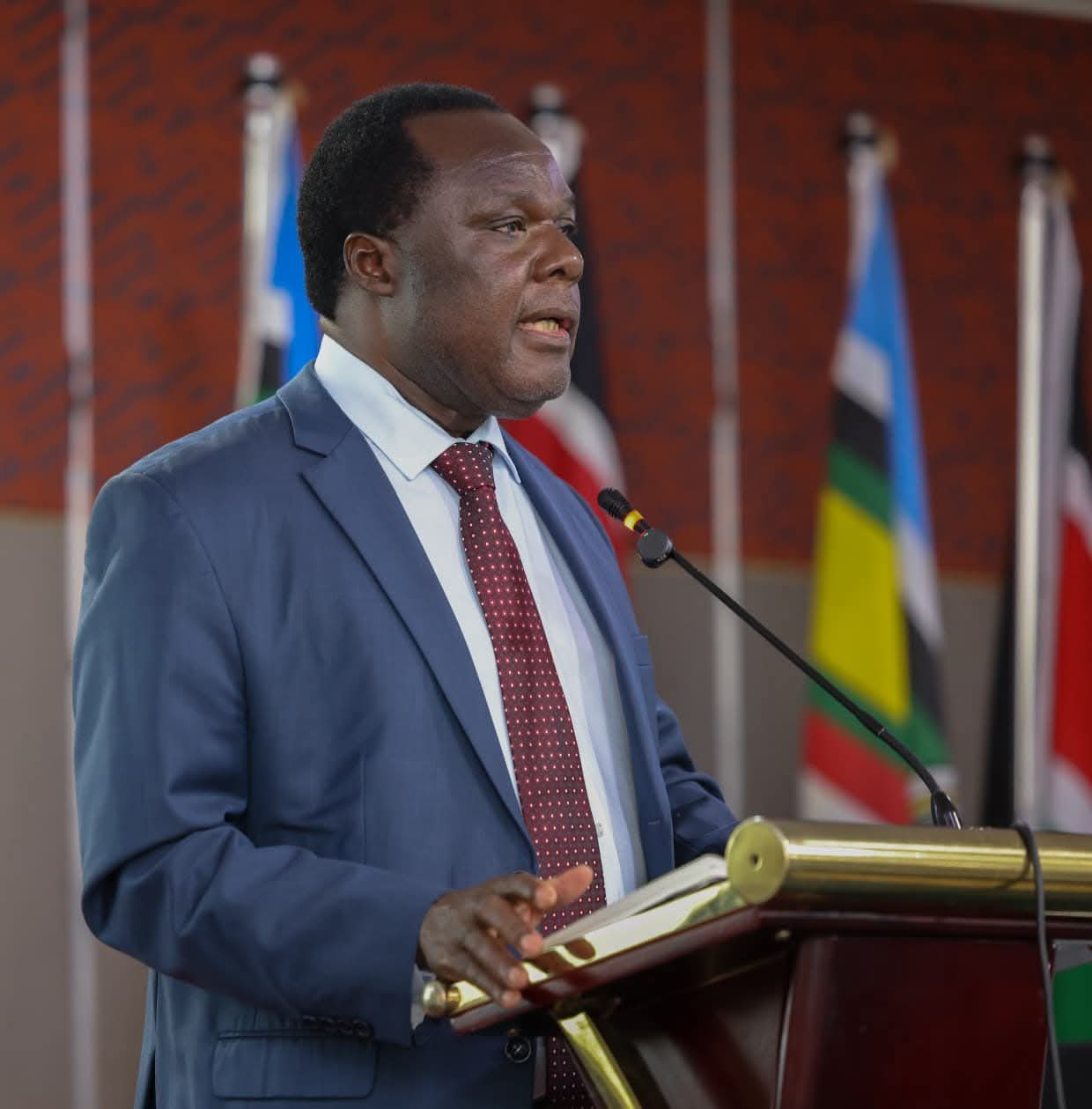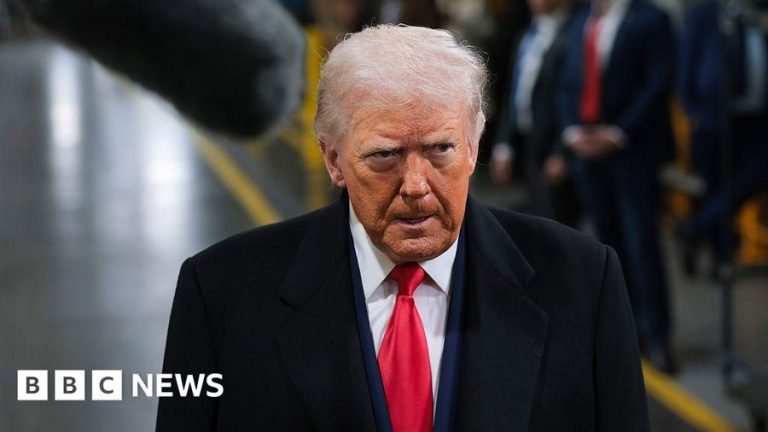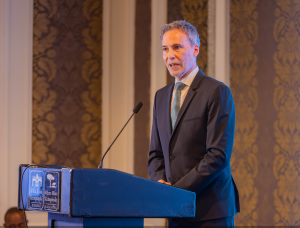A storm is brewing at the Kenya Industrial Property Institute (KIPI) following revelations of alleged malpractice and a governance standoff between management and the board.
Letters exclusively obtained by The Star directed to KIPI managing director John Onyango, accuse staff at the state agency mandated to register trademarks, patents, and industrial designs of bypassing the board and unilaterally processing applications for intellectual property registrations.
Industry Principal Secretary Juma Mukhwana warned that this not only usurps the board’s powers but also undermines the credibility of Kenya’s intellectual property regime.
“It has come to my notice that staff of KIPI are processing and registering [these instruments] without involving the Board nor its technical committee. That usurps the role of the Board and undermines the integrity of these processes,” Mukhwana wrote in a directive copied to Trade Cabinet Secretary Lee Kinyanjui and head of public service Felix Koskei.
From September, no trademarks, patents, or industrial designs are to be registered, revoked, or renewed without express approval of the KIPI board.
The directive comes amid reports of fraud and double registration of trademarks, raising concerns over conflict of interest and weak internal controls.
“We are having many cases of fraud where trademarks are being double registered. Some staff are already disciplined for that because of lack of oversight. The same staff are receiving, reviewing applications, and registering — a total conflict of interest,” Mukhwana told The Star.
The fallout has already seen disciplinary proceedings launched against senior officers.
In the letter dated September 11, 2025, Onyango acknowledged a formal complaint against a senior staff member (name withheld for legal reasons) and confirmed the matter was before the board for investigation and resolution.
KIPI’s board, however, claims it has been sidelined in key decisions, only to face lawsuits for actions it had no knowledge of.
“The board is being sued for matters that they are not even aware of… since applications do not go to them. It is a sad situation,” the PS said.
According to Mukhwana, the wrangles at KIPI now risk denting investor confidence and Kenya’s reputation as a secure destination for intellectual property protection.
With innovation and creative industries increasingly contributing to the economy, industry insiders feel that a compromised registration system could expose businesses to costly disputes and undermine the country’s competitiveness.
Patents remain a critical driver of economic growth and competitiveness, according to the country’s Vision 2030 identifies intellectual property as central to building a knowledge-driven economy.
Kenyans economic growth blueprint, says a strong patent system can fuel wealth creation, job generation, and poverty reduction by encouraging innovation that leads to new technologies, products, and processes.
Small and medium enterprises (SMEs) stand to benefit the most, with studies showing firms that secure intellectual property rights experience up to 20 per cent higher income and employment growth compared to those without such protections. This is especially significant in tackling Kenya’s unemployment rate.
However, weak enforcement of intellectual property rights remains a major hurdle. Rampant counterfeiting and piracy are not only undermining local innovation but also inflicting heavy losses on foreign firms.
by JACKTONE LAWI











